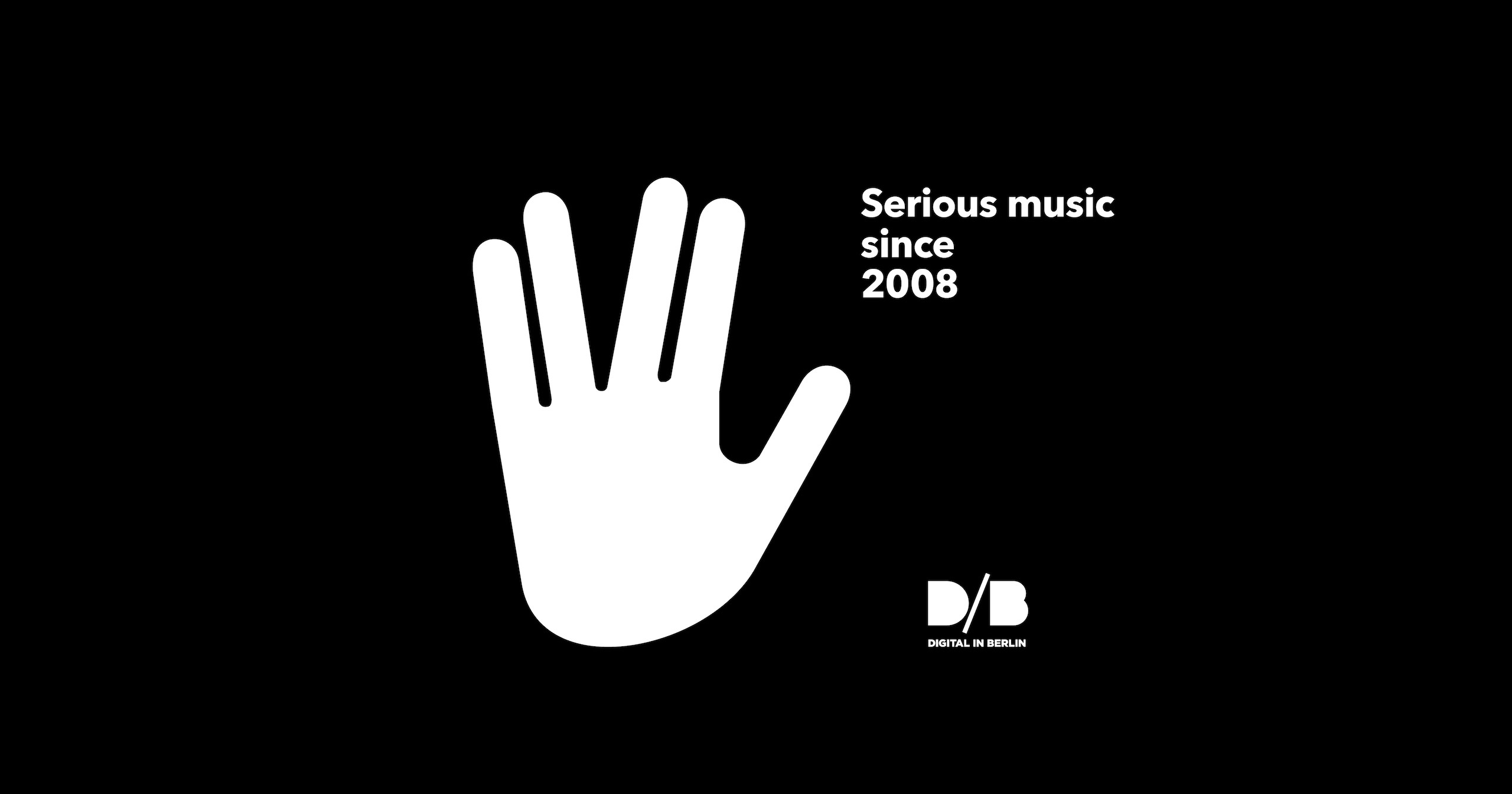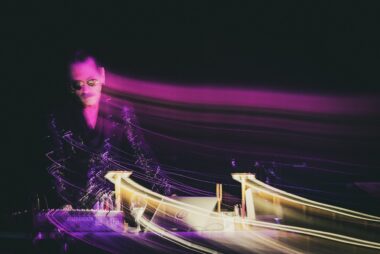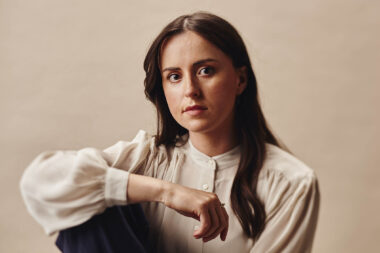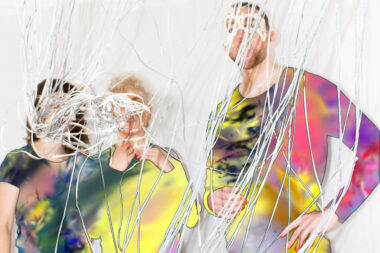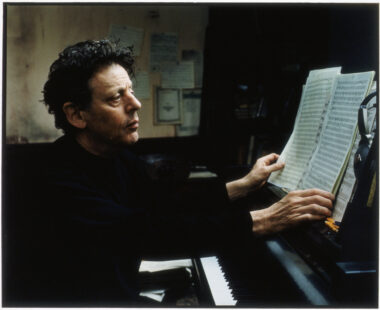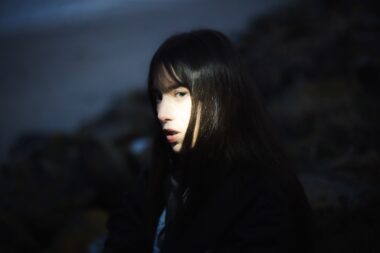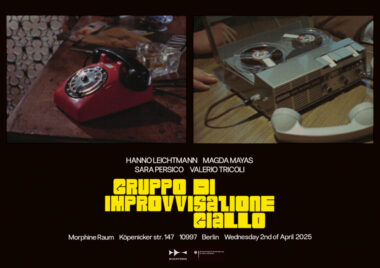Specification enables further specification, eventually embodying inter-relational references necessary
in understanding how one sub-genre arises and reacts to another. In this cyclical search for terminology and representation, the nature of a work often becomes obsolete. It is with this intention that the festival Taking Things Apart is focused on a broad range of what one could classify as Sound Art and, presenting microcosmic studies within a larger frame of a definition, thereby focusing on the making and doing of ones artistic practice.
Taking Things Apart is a microcosmic 3-day sound festival in ausland
The festival focuses on artists who understand music as a something made from materials and ideas, using both instruments and objects as the their contextual inspiration and as their sources of sound. Their presentation of their study and practice of Bioacoustics will close the festival with an emphasis on awareness, once again reminding us how sound influences the spaces and experiences we have in and throughout the world.
The compositions will be prepared within the vocabulary and tools of each selected artist, asking them to dig deeper into an already developed practice or body of work and reveal new layers within that existing frame. The findings of this festival are printed in a small booklet with a mix of collages, drawings, texts relating to the approach in making, creating and composing music.
Phobos is a set of small robots and automatic music generation devices that form a Disfunctional Robotic Orchestra, an orchestra with strange instruments with defects, genetic mutations and erratic behaviors. Phobos represents a critique of the technological overlapping over human thought, the function of labour and modern forms of slavery, as well as an historical retrospective of the various attempts of human liberation through machines, its technological utopias, the advances and retreats of freedoms. Its name comes from greek mythology, where Phobos is the incarnation of fear, and is also the name of the largest moon of Mars, doomed to disappear due to the proximity of its orbit to the planet.
Liz Kosack is a musician and designer from Maine, USA working in Berlin and New York. Her work is cross-platform, but focuses around synthesizer playing and masks. She completed a Masters in music at Jazz Institut Berlin, where she studied composition with John Hollenbeck and Greg Cohen.
She currently co-leads and is involved in multiple active projects in both Germany and the USA, released two LPs with “VAX” (The Sooner we Jump the Better, and Count to VAX) Is on RJ Miller’s “Ronalds Rhythm,” released a debut tape cassette with The Hero of Warchester in 2015 on Prom Night Records, Sunrise Over a Dystopic Future City’s debut Dystopia (DVD collaboration with NYC filmaker Zach Caldwell, 2016) and expects to shortly release the resultant album of her masters project which features text-encoded melodic compositions and the talent of Frank Gratkowski, Tilo Weber, Dan Peter Sundland, Christian Tschuggnall, and Otis Sandsjö Noteably this year she played the Moers festival with her band “The Liz” as Anubis in their piece “Book of Birds,” collaborated with the Ballet im Revier, and in september gave her German professional debut on grand piano in a special version of RRR at the 30 Jahr Stadtgarten festival. She leads mask-making workshops, has been commisioned for mask works by various groups, and is accepting new requests.
Mieko Suzuki is a DJ, sound artist and music curator based in Berlin. Her club-oriented techno sets and experimental live performances are grounded in deep, hauling bass, seeking a constant tension between the delicate, the raw and the daring. Often using more than two turntables and/or CDJs, as well as effects pedals, feedback loops, and scratches she creates unique sonic textures that mix compressed beats with field recordings and spoken word.
Video Designer Claudia Rohrmoser was born in Salzburg, Austria. She studied Experimental Media Design at Berlin University of the Arts and Multimedia Arts at the FH Salzburg University of Applied Sciences. Focusing on visual music, her works include animation shorts, documentaries and video scenography. Her music visualisations are composed in an interdiscipinary dialogue with several composers of contemporary music, amongst others Kotoka Suzuki, Gerhard E. Winkler and Oliver Schneller, but she also worked on videos for classical music such as Gustav Mahler, Hugo Wolf or Edvard Grieg.
For their joint project, sound artist MIEKO SUZUKI and visual artist CLAUDIA ROHRMOSER explore the mutual influences of sound and image, sharing the same source material: vinyl.
MIEKO SUZUKI uses broken and prepared records, turntables, effects pedals, and various props. Always aiming for unexpected results, she builds up a constant tension between action and reaction, thus creating slowly evolving, dynamic and bass driven sound textures that are rooted both in noise and electronic music. CLAUDIA ROHRMOSER transforms still images of the vinyl fragments, hand-drawn discs and MIEKO SUZUKI’s prepared records into a vivid visual track.
A Festival with:
Sonoscopia (Gustavo Costa, Alberto Lopes and Tiago Angelo) (PT), Liz Kosack, Mieko Suzuki & Claudia Rohrmoser, Anne Historical (ZAF), Vinyl Terror & Horror, DJ Marcelle (NL), Christina Ertl-Shirley, Felicity Mangan & Gretchen Blegen and Mario de Vega. The Festival ends with an insight into the work of scientists Heike Vester and Madita Zetzsche from Ocean Sound.
Taking Things Apart – Day 1
Friday, 19th October 2018 | Doors 20:00 CET | Starts 20:30 CET
ausland | Lychener Strasse 60 | 10437 Berlin
ausland-berlin.de/taking-things-apart-day-1 | Event @ Facebook | Day 2 | Day 3
Photo by Marco Microbi
